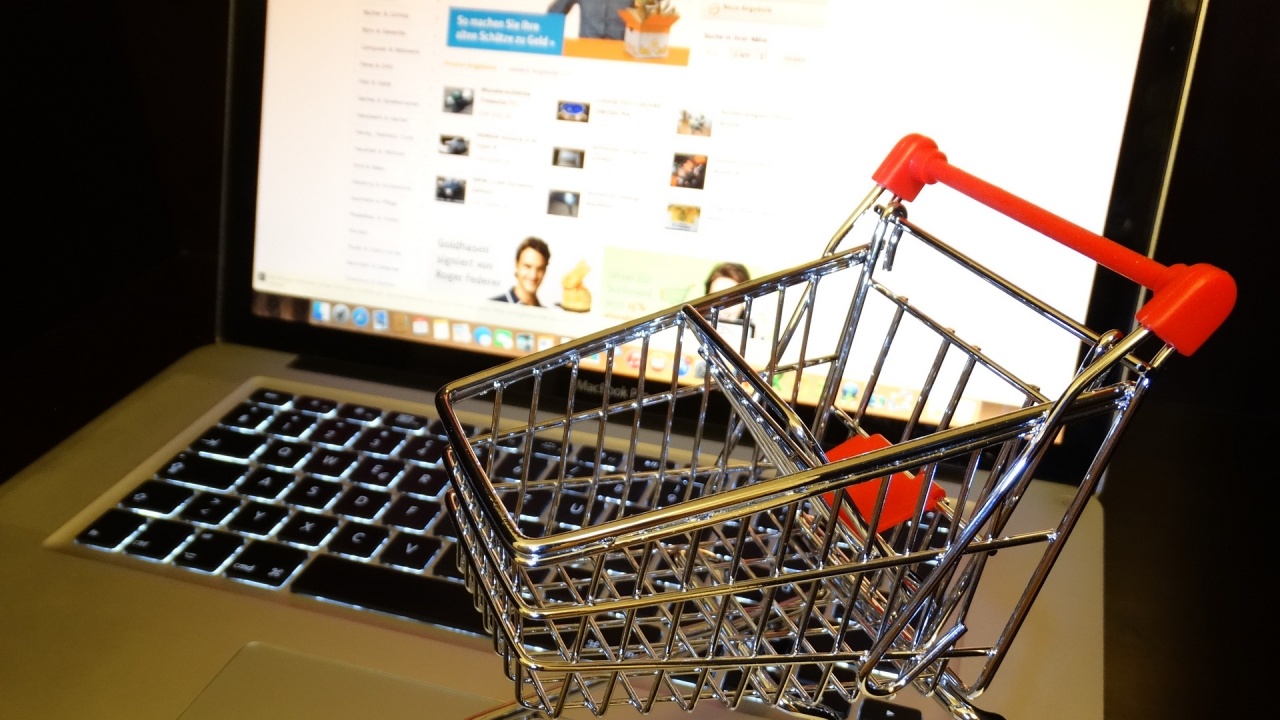Listen to the news
When in a European country it is proven indisputably that a product does not meet the safety standards in the European Union and poses a risk to the life and health of consumers - for example, it can cause injury, suffocation, poisoning, electric shock, etc., it signals through the Safety Gate portal and this information simultaneously reaches 30 countries of the Community, incl. Norway, Iceland and Liechtenstein. In order to protect consumers, the competent national authorities in each of these countries take action to search for the goods on the territory of their countries and, if found, order the traders to withdraw it from the store network, to process it in such a way as to remove the premise that poses a risk or, if this is impossible, require it to be destroyed and never again imported/placed on the market.
This was explained by the creator of the online platform "We, the consumers" Gabriela Rumenova on the "Horizon" program of the BNR in connection with the presentation of the annual report of the Safety Gate portal, specifying that the system is for the exchange of information only for non-food products and indicated that among the responsible institutions in Bulgaria are the Ministry of Health, the Ministry of Environment and Water, the State Agency for Metrological and Technical Supervision, KZP, etc.
For example, electronic cigarettes and liquids (fillers for them) fall under the competences of the Ministry of Health and prevail among all signals sent by Bulgaria in 2022 to the Safety Gate.
With them, the problems are usually related to insufficient information (lack of instructions for use, no indication of the risks, it is not clear what dose of nicotine the smoker absorbs, etc.), tanks with a larger than standard capacity and liquids with an unacceptable chemical composition, with most products originating in China.
Motor vehicles (spare parts) and children's products (clothes, pacifiers, milk bottles, strollers, highchairs, etc.) are the next two groups of products with the most alerts, respectively 18% and 15%, as the risks of their uses are from suffocation, injury and chemical.
With over 2,100 alerts on the system in 2022, 66 are from Bulgaria - just as many as in the previous period.
Reactions after reports are over 3,900 in total, and from our side there are 325, while in 2021 there are 489.
"Although controlling the spread of dangerous goods on the Internet is more complex, as there is more dynamism and the global digital market is more easily penetrated by goods from third countries, which statistics show produce the most non-compliant European product safety requirements, last year the European institutions marked a breakthrough.
As a result of the web crawler online monitoring tool created for goods from the Safety Gate blacklist and agreements reached with 11 online platforms for downloading offers, nearly 1,000 warnings were issued in just half a year, Gabriela Rumenova also reported.
She recalled that last year Brussels decided to introduce a requirement that a product can be sold over the Internet only if there is an economic operator (manufacturer, distributor, importer) based in the EU and that he is responsible for the safety of the product.
